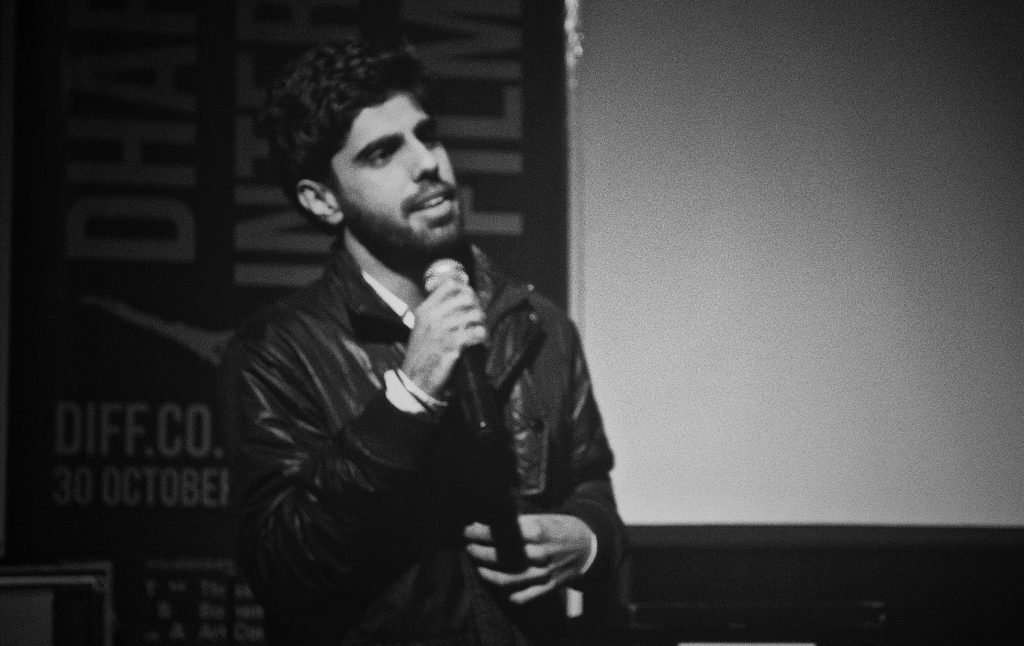The Serpent of a Thousand Coils
The Serpent of a Thousand Coils is an online interactive experience on Gather, created by Anuj Malhotra, Architecture for Dialogue (AfD), Mahesh S, Gaurav Puri and Ketan Dua. The landscape of the fictional town borrows from various typologies: a labyrinth, the surrealist collage, the neural network, the Snakes and Ladders board game, and Pacman. Bringing together a dizzying array of virtual spaces, the game gives players an empathetic insight into the minds of people with Obsessive Compulsive Disorder (OCD).
This masterclass saw Anuj Malhotra in conversation with Abhimanyu Singhal and Depanshu Gola from Architecture for Dialogue, and took participants through the process of creating an immersive virtual space in which visitors can experience the anxious and coping mechanisms of those who live with OCD.
About the Archivist
Anuj Malhotra is the founder of Lightcube, an acclaimed film collective, regularly touted as one of the leading resources for pioneering research and presentation of image-forms in the country. He also helped conceive the model for The Dhenuki Cinema Project, a multifaceted and versatile project that mobilizes populations in rural areas of the country through the medium of film.
Anuj also publishes Umbra, the country’s only newspaper devoted to the study of alternative film in India, alongwith handling the curatorial duties for The Garga Archives, a digital museum dedicated to the life and work of B.D. Garga. His films have screened at various festivals and venues across the country and internationally. He has presented installation-based work, papers or group shows at such forums as the Sheffield DocFest, Goldsmiths University (London), Alternative Film and Video Research Forum, among others.
About Architecture for Dialogue
Abhimanyu Singhal and Depanshu Gola co-run Architecture for Dialogue (Spatial Design and Visual Layout), a research and design practice pushing the boundaries of architecture across physical and digital mediums. Their experience in physical placemaking informs the work in the digital domain—enabling immersion, interaction and collective action within virtual environments.






